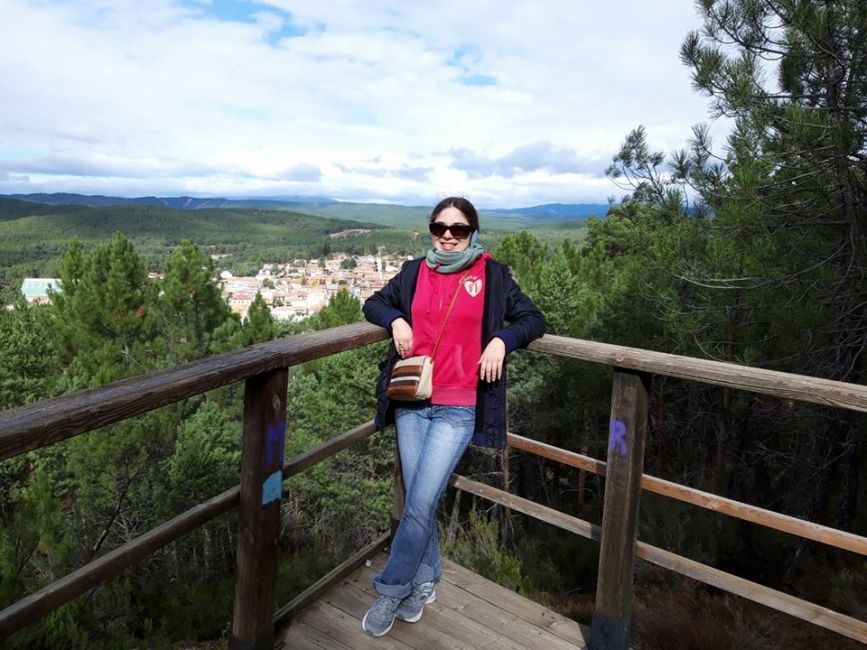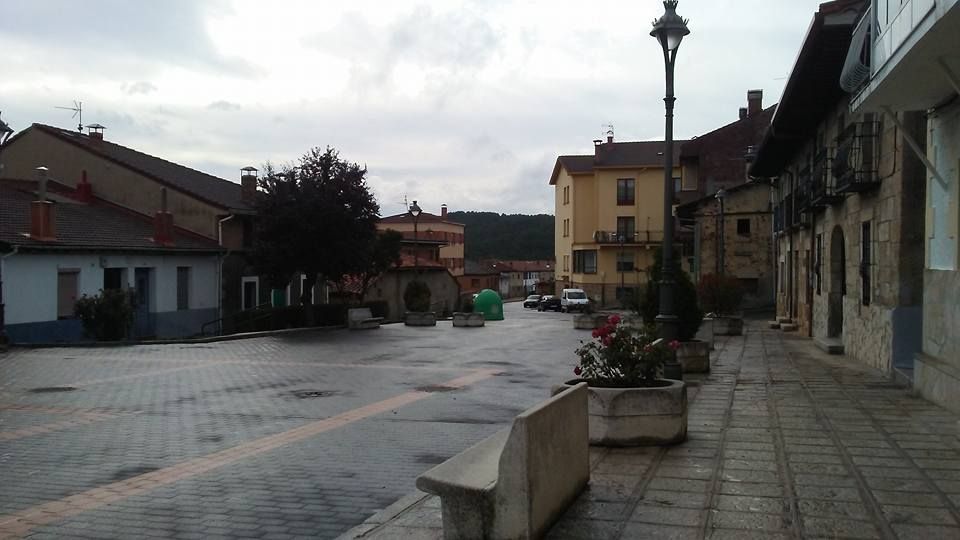My Commute from Home to School
Ok, so teaching in Spain can be an invaluable experience. But you have questions! And concerns! It’s a big step to up and move to another country and work there for an extended period of time. You’re worried about meeting your host family and teachers, communicating across a language barrier, whether you’ll like the food, how the students will react to you, and countless other preoccupations. One thing that might be on your mind is transportation overseas. How will you get to and from your placement and hosts’ home? In my experience, commuting to and from your placement will not be an issue.
Your Options
If you are like most people on CIEE’s teach abroad programs, you probably won’t drive in another country, though this is certainly an option, if you’re interested. One volunteer on my program did get a Spanish permit and rental car, but this is definitely a personal decision and may even be a bit of a hassle.
In most cases, CIEE’s staff does a good job of ensuring that you live close to your school and have transportation options. If you are in a city, you can generally depend on buses, metros, and trains. If you are in a small town like me, you can probably just walk to your school. In my case, I depended on a mixture of walking and rides from fellow teachers.
My Experience
In my teach abroad experience, I lived in a small town and literally had a 3-5 minute walk from my house to my placement. Be there at 10am? I left home at 9:55am. I took a flight of stairs to the left of my house and kept going straight down until I reached my school. Easy-Peasy. I did this every day Tuesday through Thursday. Fridays were different because I visited two outreach schools in two different towns once a week. Both towns were in the same direction. Fifteen minutes down the road was Abejar, and five minutes past that was Cabrejas.
Because these schools made up one big school system and were all under the same principal, many of the teachers worked in two or three of them within the same day. Consequently, it was easy for me to catch rides with the English teacher in Abejar and Cabrejas. She had an apartment in Navaleno and picked me up on Friday mornings. I would then teach with her in Abejar until my head teacher picked me up around noon and brought me to Cabrejas. From Cabrejas, the pre-school teacher would bring me back to Navaleno at the end of the day, as she passed through my town on her way home.
In all, commuting to and from my schools was easy and rarely something that I worried about. My main school was too close to be a concern and I knew that I could depend on other teachers to get me from one school to another on Fridays.
My Advice
My only advice while travelling overseas is to be careful while riding in cars with others. I say this because I got into two car accidents during my last week in Spain. While both accidents were minor, I did read somewhere that the number one cause of death for international travelers is automobile accidents. In my first accident, two fellow teachers and I were on our way to a concert when another car collided with us. We had been merging into another lane. All I could think when I saw the car coming towards us that night was: I am going to die in Spain. Luckily, we all walked away alright, though a bit banged up and shaken. I didn’t even have to make a claim on my travel insurance, because the guilty party’s car insurance covered my emergency room check-up.
My second accident was even more minor than the first, as my cab got side-swiped by another car’s rear-view mirror en-route to the airport. Basically, I was fortunate to have been in minor accidents, but it never hurts to be vigilant while riding with others. Speak up if you don’t think your driver has noticed oncoming traffic or hasn’t looked when merging. Make sure you trust the person behind the wheel. If my fellow passenger and I had spoken up instead of assuming our driver was going to break, we may have avoided the collision. Nonetheless, that wreck and its subsequent emergency room visit have become interesting additions among my many travel stories.
However…
Beyond these rarities, your daily commute should not be a problem and you will not need to worry about getting from point A to point B. Even if you are in a small town with few transportation connections, don’t forget that you have a whole network of teachers and host family to help you travel and find resources as well. Just be cautious and use your best judgment when riding with others and enjoy every moment of your adventure!
Related Posts
Visiting Paris for the first time? Here’s what to expect
Advice for first time visitors to Paris plus debunking a few stereotypes!
Staying in a Hostel for the First Time - Sevilla Weekend
I’m not sure where my image of hostels came from. I imagined a space that was dirty, crowded, and unsafe. I’m not sure why it has taken me so long... keep reading





